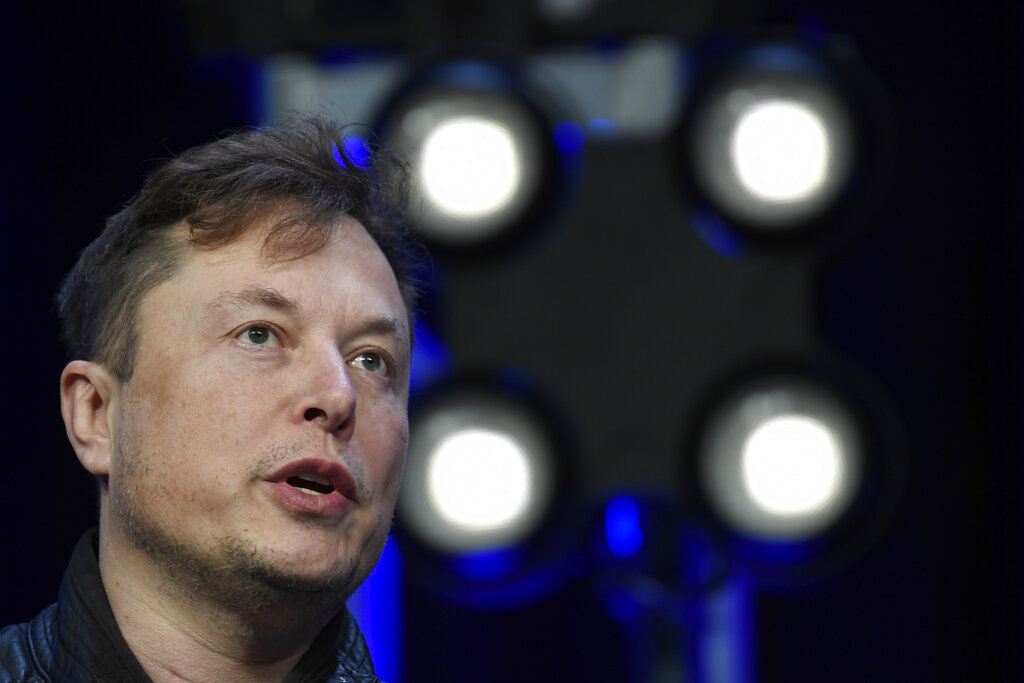Jack Spencer, senior research fellow in energy and environmental policy for The Heritage Foundation, a center-right think tank headquartered in Washington, D.C, says potential buyers of EVs should go into that purchase with their eyes open.
"They're not a new technology," he acknowledges. "The broad introduction into the marketplace is a new phenomenon."
In January, Dalbir Bala, who lives in the Winnipeg area, paid $115,000 Canadian (approximately $85,000 U.S.) for a Ford F-150 Lightning EV. He then had to buy two chargers – one at work and one at home – and upgrade his home's electric panel. By that point, Bala had put more than $130,000 Canadian into his truck.
He recently told FOX Business he needed a vehicle for his work, but he also wanted something suitable for recreational activities. He settled on an environmentally friendly option, thinking that owning one is "responsible citizenship these days."
Shortly after making the purchase, Bala got into what he describes as a minor accident. But even though the repairs only involved "light assembly" on the front bumper, he did not get his vehicle back from the mechanic until six months later.

More issues arose when he and his family set off for a 1,400-mile road trip to Chicago, Illinois. Due to charging issues, the Balas had the truck towed to a Ford dealership in Minnesota and rented a gasoline-powered vehicle to complete the trip.
In the U.S., the Biden administration is trying to, in Spencer's words, "strongarm both American citizens and American companies into purchasing and manufacturing the vehicles." In June, the U.S. General Services Administration (GSA) announced plans to use $975 million in Inflation Reduction Act funding to tackle the so-called "climate crisis" by upgrading federal buildings with "sustainable technologies" and expanding electric vehicle infrastructure.
Meanwhile, the resources needed to manufacture EV batteries and EVs themselves are simply not available. Also, there is no market for them. Even with the billions of federal aid dollars, California-based Proterra recently added its name to the growing list of battery-powered bus businesses filing for bankruptcy.
"The reason we should be skeptical is not because of the underlying technology necessarily," Spencer submits about EVs. "It's because this push into the marketplace is not being driven by consumer demand for a superior product; it's being driven into the marketplace by bureaucrats and politicians who have interests outside of efficacy of the product…. They're being driven by a political agenda, so, that is why you need to be careful."
Spencer tells AFN he is not against EVs per se.
"I am against the government pushing them on us, because it creates a major hinderance to the technology's evolution," he states.
Ultimately, Dalbir Bala has decided that electric vehicles are the "biggest scam of modern times."







